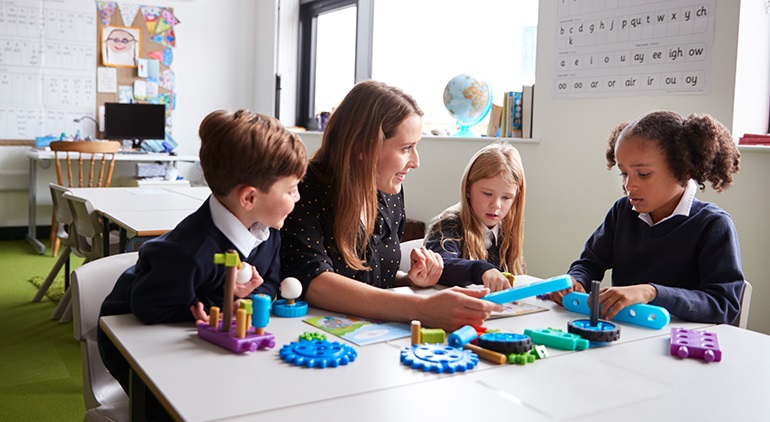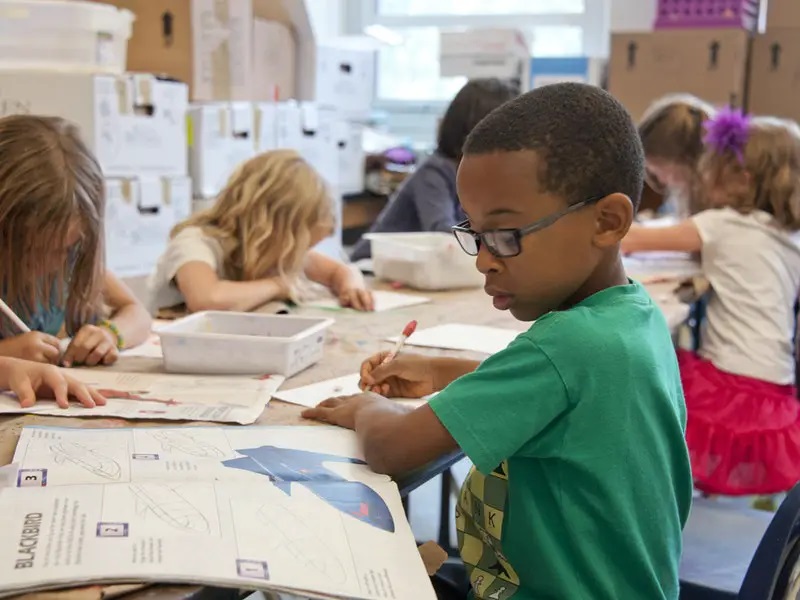Early childhood assessments play a crucial role in a child’s education and development. These assessments provide valuable information about a child’s cognitive, social-emotional, and physical development, which can help teachers and parents identify areas of strength and weakness and develop strategies to support the child’s learning. In this article, we will explore the importance of early childhood assessments and how they can benefit children.
Early identification of developmental delays: Early childhood assessments can help identify developmental delays or disabilities, such as autism spectrum disorder or speech and language delays, before a child enters school. This allows for early intervention and support, which can have a significant impact on the child’s development and success in school.
Individualized instruction: Early childhood assessments provide valuable information about a child’s learning style and areas of strength and weakness. This information can be used to develop individualized instruction plans that meet the child’s unique needs and promote their academic success.

Monitor progress: Regular assessments can help monitor a child’s progress over time and identify any areas where they may need additional support or intervention. This allows for early intervention and support, which can help prevent learning difficulties and ensure that the child stays on track academically.
Parent involvement: Early childhood assessments can also help parents become more involved in their child’s education. By providing regular updates on their child’s progress and development, parents can work with teachers and support their child’s learning at home.
Early intervention: Early childhood assessments can identify potential learning difficulties or delays before they become significant challenges. This allows for early intervention and support, which can help prevent these difficulties from impacting the child’s academic success.
So, how are early childhood assessments conducted? Here are a few common assessment tools used by educators:
Developmental screening: Developmental screening is a brief assessment that is used to identify potential developmental delays or disabilities. It typically involves observing a child’s behavior and completing a questionnaire.
Observation: Observations are often used by educators to assess a child’s social-emotional development, language skills, and cognitive abilities. Educators observe the child’s behavior and interactions with others to gain insight into their development.
Standardized tests: Standardized tests are used to assess a child’s academic skills and knowledge. These tests are often administered to children in kindergarten or first grade and include assessments in reading, writing, and math.










Comments